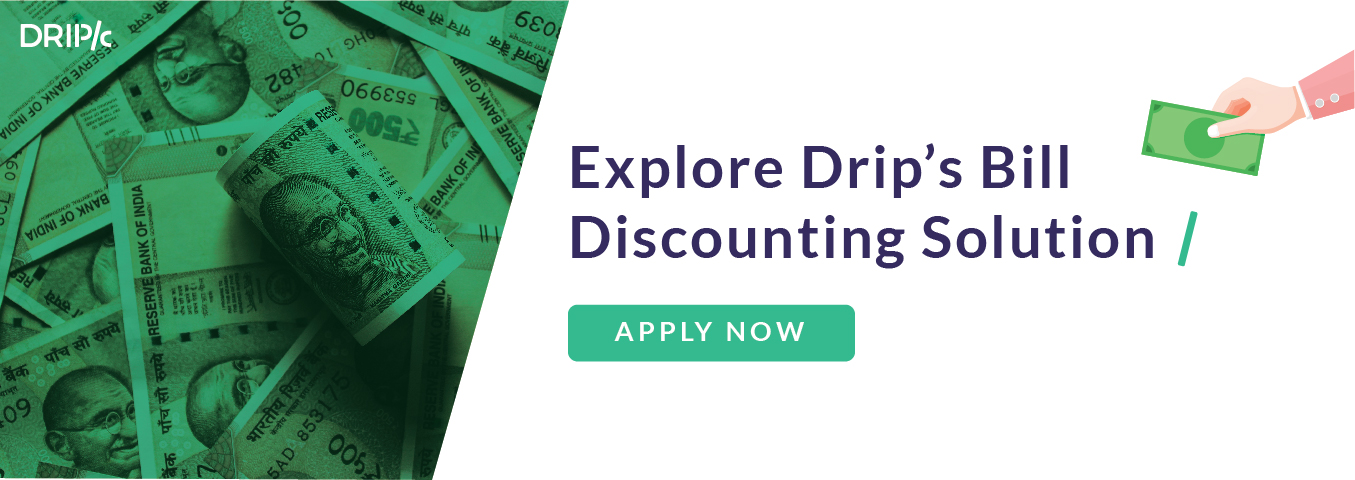What is Forex Hedge?
Currencies always fluctuate in value when compared to one another. As a result, in the case of international financial transactions, there is always a possibility of foreign exchange loss (or profit) due to these currency fluctuations. A forex hedge is a hedging currency trade, who's sole intent is to protect a current position or an upcoming currency performance. Also known as currency risk and exchange rate risk, it gets activated when the business entity involved in an international transaction trades in a currency that is not its home or domestic currency.
With every change in the currency dealt vis-à-vis the domestic currency, the cash flow resulting from the international transaction gets affected. Apart from investors and tourists, the major trade group affected by foreign exchange risk are businesses engaged in import and export.
Why is Forex Hedging Important?
Forex Hedging is a common financial practice that is used to avert the foreign exchange risk associated with international transactions. Hedging is a technique in which the exchange rate for the transaction is fixed for a future date, instead of using the future date’s prevailing exchange rate.
By doing this, the profit to be earned by the exporter is saved; it remains unaffected despite any changes in the exchange rate between the contract/order date and the payment date. Some hedging strategies commonly used in the financial market are forward contract, futures contract, currencies options, etc.
How does Forex Hedging Strategy Improve an Exporter's Business?
Forex Hedging protects the exporter from losses arising out of currency fluctuations. The exporter doing the hedging can reduce the risk of loss until the settlement of payment.
It can also help exporters with decision making. For example, if the exporter decides to take a long position in the forward market and eliminates the risk of the foreign currency transaction, hedging can help the exporter understand the expenses involved in the exposure management as well as the foreign exchange exposure itself.
Hedging brings certainty to the transaction in terms of price and receivables. By locking the currency value of the export transaction through currency options or future options, the effects of adverse currency movements are eliminated. With the prospect of losing money taken care of, hedging also protects the company’s earnings as losses are avoided.
In an unpredictable currency market, exporters may be apprehensive in putting receivables at stake. But with smart hedging practices, they can be more confident in taking up export orders. Thus, hedging also helps exporters expand their businesses by encouraging them to grasp more opportunities.
Decision Perspective: Whether to Hedge or not?
Hedging comes at a cost, so consider the cost-benefit ratio of entering a hedging arrangement
While hedging cuts risks, it also reduces windfall profit, as risk and reward are complementary
Effective hedging can be difficult to execute for beginners as it requires expertise and skill
How Hedging Export Receivables Work in Forex?
To tackle the volatile foreign exchange market, exposure management is essential for exporters to mitigate currency price fluctuation losses. An exporter who hedges looks to benefit from the exchange fluctuation so that any loss occurring in the international transaction can be nullified with it.
Forex Hedging - Explained with an Example
Assume an exporter has agreed to receive USD 100 in return for the export sale. However, the exporter will only receive the amount two months down the line. Let’s also assume that the rupee-to-dollar exchange rate presently stands at (say) INR 70 per USD. So, in two months’ time, the exporter will receive INR 7000. However, the exporter will receive less than that if the rupee appreciates against the dollar and settles at (say) INR 65. In that case, the exporter will receive INR 6500, leading to a loss of INR 500.
An exporter can offset USD-INR futures at the present value and sell them after two months. By doing so, the exporter will profit from the fall in the dollar, which will compensate for the loss incurred in the export transaction. Thus, by hedging, one can possibly eliminate foreign exchange loss and protect the desired profit.
How to Hedge Forex with Options?
Some popular hedging strategies used by exporters (and importers) are as follows:
Forward contract
Forward Contract is a contract to exchange an agreed amount of dollars for the foreign currency on a decided future date. This leads to an agreement on the price and locks the export sale on that price. Even if the foreign currency (INR, in this case) appreciates, the business is protected, even though you cannot gain in case of a devaluation of the INR.
Futures contract
Here, you agree to purchase currency in the future at an agreed foreign exchange rate. These currency contracts are purchased from exchanges like the NSE. Unlike a forward contract, futures have a secondary market of their own. So, you can sell them before the agreed date as well, in case you see a favorable currency market or need liquidity for your business. The agreed exchange price in a futures contract is generally a range, and what you get at the end of the term is an approximate amount rather than the exact amount.
Currency options
With currency options, banks offer exporters an opportunity to buy or sell a certain amount of currency at a fixed price, on or before an agreed date. Exporters are not under any obligation to buy or sell; the opportunity ends on the agreed date. The price at which the currency can be bought or sold is known as the strike price. To sum up, all these strategies are akin to buying insurance against any currency fluctuation loss that exporters may incur over a period of time. However, bear in mind that exporters will also inevitably miss out on any windfall that may be due to favorable currency movements.
Also Read:
- Letter of Credit and its Process
- Export Incentives in India | Types, Benefits & How it works
- Export Payment Terms | Listing Safest mode of Payments in International trade
- FEMA Foreign Exchange Management Act | All you need to know
- Export Promotion Council of India | Functions & Registration procedures




